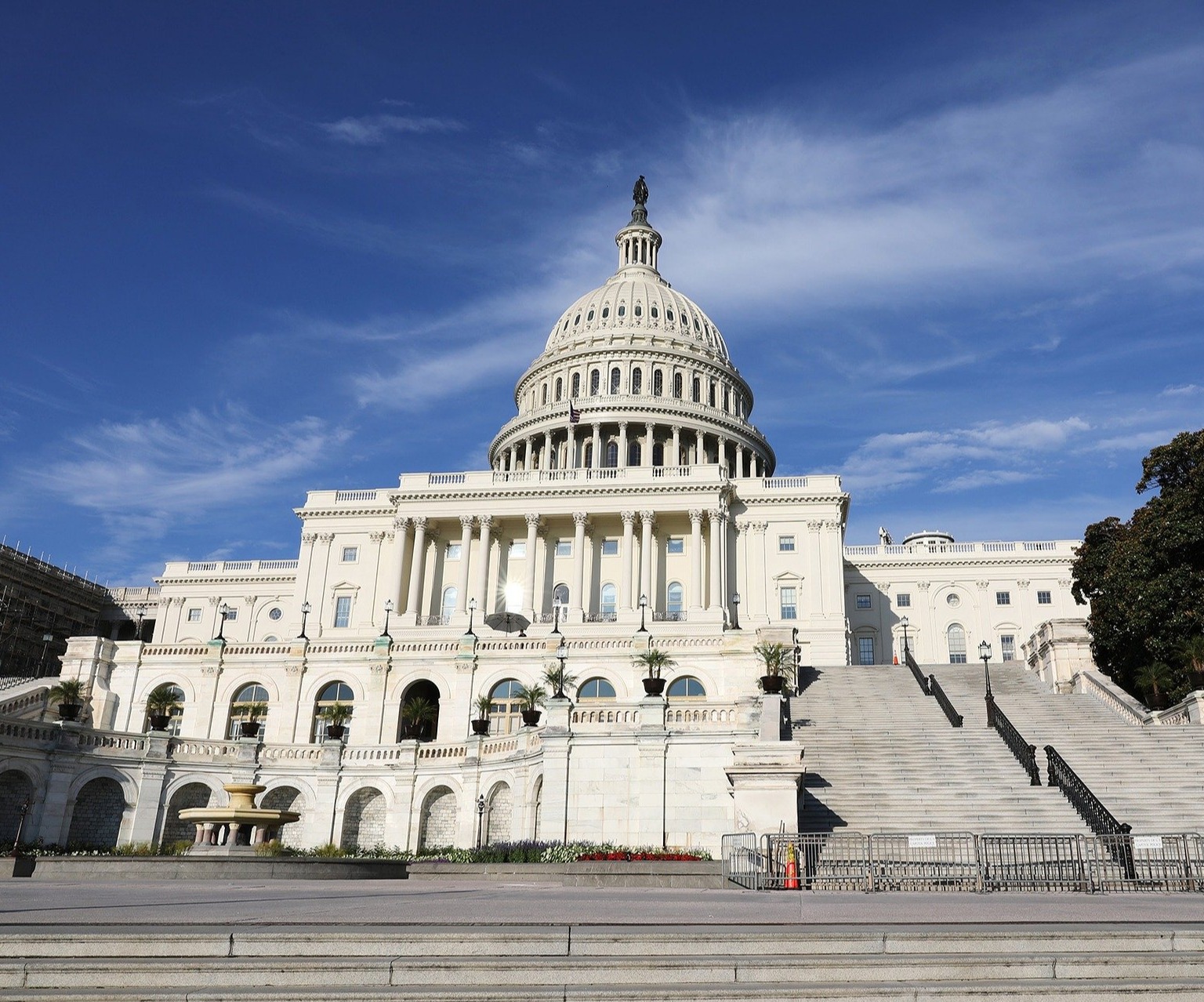
Fellowships & Internships
Geoscientists wishing to work in Congress can get their foot in the door through congressional fellowships, which help build important skills in science policy while introducing scientists to the legislative process. Congressional fellowships also provide an opportunity to network with legislators and other potential employers in government agencies.
Additional internship and fellowship opportunities with professional societies or academic institutions offer similar benefits to those interested in careers beyond Capitol Hill, often leading to employment in government or private organizations.